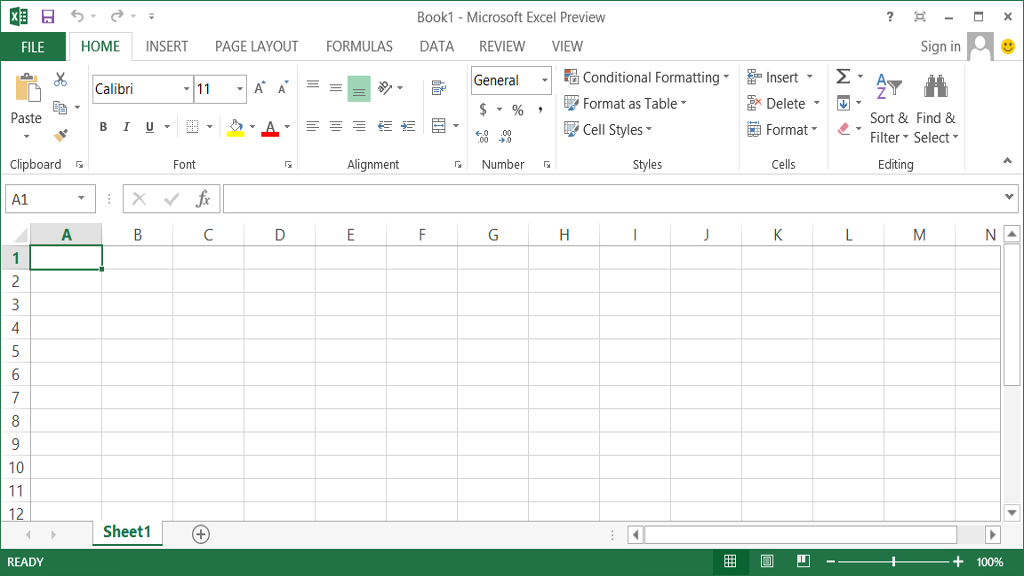Can't Generate Ssh Key Windows Git
- Git For Windows Ssh Key Location
- Generate Ssh Key Windows Git Cmd
- Can't Generate Ssh Key Windows Git 10
- How To Generate Ssh Key Windows Git
Hi there! This post will be pretty straightforward and will cover Windows, Mac, and Linux, so if you don’t know how to do it already, read on.
See the answer from yildizm85 to this question:'Entity Framework requires a Primary Key to generate a model from the database. If there is no Primary Key on a table it will simply select the non-nullable columns as a concatenated primary key and the Entity will be read/only.' Entity framework primary key annotation.
Jul 25, 2019 Execute the following command: ssh-keygen -t rsa (when prompted, enter password, key name can stay the same) Open the file you’ve just created /.ssh/idrsa.pub with your favorite text editor, and copy contents to your Git repository’s keys field (GitHub, beanstalk, or any other repository provider), under your account. ON windows if you have git for windows installed, run git-gui. Then click Help then click Show Ssh Key, then click Generate Key. Then click Help then click Show Ssh Key, then click Generate Key. While you're at it, then copy to the clipboard, and then go to your Gitlab account page and add the SSH key to your Gitlab account's ssh settings. If you're unsure whether you already have an SSH key, check for existing keys. If you don't want to reenter your passphrase every time you use your SSH key, you can add your key to the SSH agent, which manages your SSH keys and remembers your passphrase. Generating a new SSH key. Open Terminal Terminal Git Bash.
Windows
If you don't already have an SSH key, you must generate a new SSH key. If you're unsure whether you already have an SSH key, check for existing keys. If you don't want to reenter your passphrase every time you use your SSH key, you can add your key to the SSH agent, which manages your SSH keys and remembers your passphrase. On Windows, you can create SSH keys in many ways. This document explains how to use two SSH applications, PuTTY and Git Bash. Joyent recommends RSA keys because the node-manta CLI programs work with RSA keys both locally and with the ssh agent. If you don't already have an SSH key, you must generate a new SSH key. If you're unsure whether you already have an SSH key, check for existing keys. If you don't want to reenter your passphrase every time you use your SSH key, you can add your key to the SSH agent, which manages your SSH keys and remembers your passphrase. This page describes how to create SSH keys. SSH keys can be used to establish a secure connection with Bitbucket Server for: when you are performing Git operations from your local machine; when another system or process needs access to repositories in Bitbucket Server (for example your build server).
Just follow these 5 steps:
- Go to this address, and download Git for Windows, after the download install it with default settings
- Open Git Bash that you just installed (Start->All Programs->Git->Git Bash)
- Type in the following: ssh-keygen -t rsa (when prompted, enter password, key name can stay the same)
- Open file your_home_directory/.ssh/id_rsa.pub with your favorite text editor, and copy contents to your Git repository’s keys field (GitHub, beanstalk, or any other repository provider), under your account.
- Be sure that you don’t copy any whitespace while copying public key’s content (id_rsa.pub)
Note: your_home_directory is either C:Usersyour_username (on Windows Vista / 7 / 8 / 10), or C:Documents and Settingsyour_username (on Windows XP)
Mac
Git For Windows Ssh Key Location
Follow these 5 steps:
- Start the terminal
- Navigate to your home directory by typing: cd ~/
- Execute the following command: ssh-keygen -t rsa (when prompted, enter password, key name can stay the same)
- Open the file you’ve just created ~/.ssh/id_rsa.pub with your favorite text editor, and copy contents to your Git repository’s keys field (GitHub, beanstalk, or any other repository provider), under your account.
- Be sure that you don’t copy any whitespace while copying public key’s content (id_rsa.pub)
Linux (Ubuntu)
Follow these 5 steps:
- Open console
- cd ~
- ssh-keygen -t rsa (when prompted, enter password, key name can stay the same)
- open file /home/your_username/.ssh/id_rsa.pub with your favorite text editor, and copy contents to your Git repository’s keys field (GitHub, beanstalk, or any other repository provider), under your account.
- Be sure that you don’t copy any whitespace while copying public key’s content (id_rsa.pub)
Generate Ssh Key Windows Git Cmd
Additional info
Can't Generate Ssh Key Windows Git 10
When you create private/public SSH keys on your machine (that’s what you did in the above steps), it’s not enough. You need to give your public key to the repository in order to pair the Git server with your local machine (that’d be steps 4. and 5. above).
Most of the popular repositories will give you web interface access to the application, and here’s how it looks like on Github:
After this step, you’re ready to start using Git.
Conclusion
I hope this wasn’t too complicated to follow, and also I hope it was helpful to someone!
Cheers!
____________________________________________________________________________________________
How To Generate Ssh Key Windows Git
Note! This article was revised on Jul 26, 2019. The original article was posted in 2011 by Mladen Lotar.
